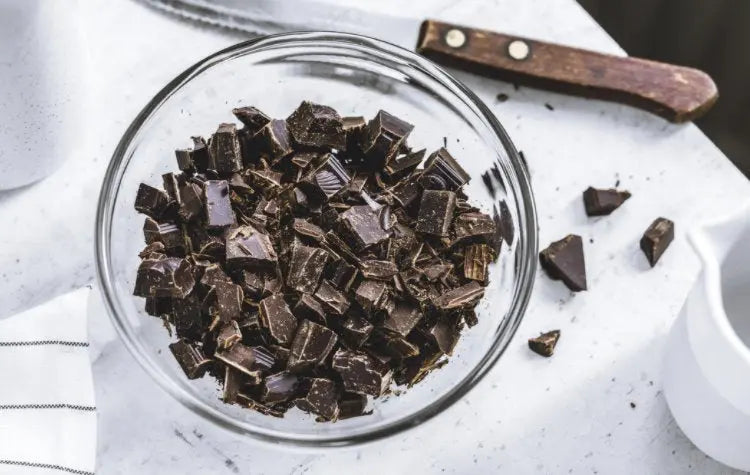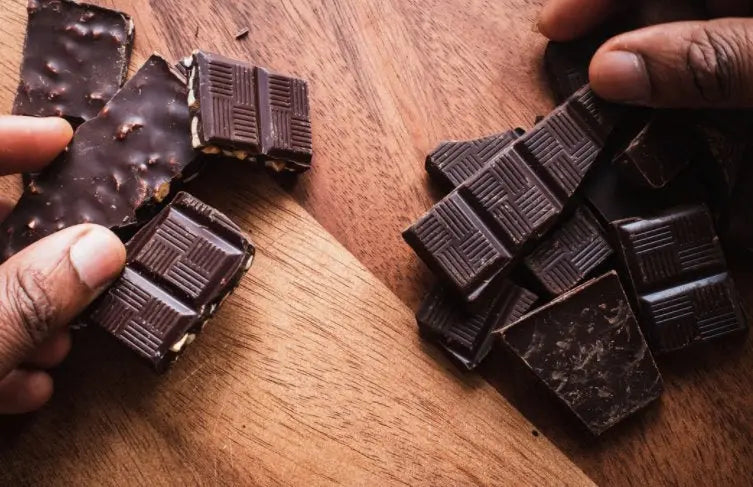In modern times, it's disturbing to realize that many food packaging companies have blatantly disregarded the environment that we share. However, serious efforts have been made to reduce the impact of food packaging by using supercharged recycling technology, such as the vibratory screener that helps separate recyclable materials.
It's a shame that some materials will never be able to be brought back into packaging form. If they have the option to use recyclable materials or non-recyclable plastics, why do some companies choose the latter, more harmful materials? They are trying to save money in the manufacturing process by using cheap, inferior materials.
Various nations have crafted goals in order to lower their dependence upon plastic. There are discussions from the UK about completely doing away with all plastic waste by the year 2042. In another strategic environmental move, China decided to ban the importation of plastic materials for the purposes of recycling, so the UK has to deal with its own plastic problems.
Quick Facts About Food Packaging
-
Quick Fact #1: According to a riveting piece from Eco & Beyond, plastic bags might seem like they are worse for the environment, but paper bags quadruple the amount of energy needed to produce.
-
Quick Fact #2: Even though 70 percent of the UK's waste from packaging containers consists of recycled materials, the process of manufacturing recycled materials is still contributing to creating harmful greenhouse gasses.
- Quick Fact #3: Plastic is littering our streets, but it's in the oceans too. According to a cleanup effort from Coastal Conservancy, 70 percent of the items collected in the ocean was made of plastic.
What Companies Are Doing to Lower Their Imprint
Kind Bag manufactures a genius alternative to the standard non-recyclable plastic bags. This company has put a lot of thought into designing an environmentally friendly product. Their bags are made of a material that is 100 percent recycled. Shopping bags made of completely recycled materials are better for lowering our environmental footprint as a society.
 All of Kind Bag's packaging is plastic-free. Incidentally, they are in the process of producing special packaging that is made out of recyclable plastic. In addition to their current offerings, the new option could create a brighter future for residents in the UK. Kind Bag is not alone in striving to create sustainable practices. Love Cocoa also uses recyclable and compostable packaging for their chocolate. Not only that, Love Cocoa has committed to help the environment and does so by planting one tree with every chocolate bar sold! What a great way to continue to help the environment.
All of Kind Bag's packaging is plastic-free. Incidentally, they are in the process of producing special packaging that is made out of recyclable plastic. In addition to their current offerings, the new option could create a brighter future for residents in the UK. Kind Bag is not alone in striving to create sustainable practices. Love Cocoa also uses recyclable and compostable packaging for their chocolate. Not only that, Love Cocoa has committed to help the environment and does so by planting one tree with every chocolate bar sold! What a great way to continue to help the environment.
What Can We Do About This as Individuals?
One brilliant thing that you can do for this alarming issue is to get involved locally. In your nearby community, you should be making a difference by helping clean the streets. You could also educate other people when they are quietly standing in line at grocery stores. Become an advocate of carrying a reusable grocery bag. In environmental movements throughout history, the word of mouth method of spreading grassroots ideals has been a successful endeavour. It's time for you to play your part in ridding the world of this devastating conundrum. This could be done in many ways. You could begin composting at home and recycle consistently. You could shop with companies that make it easy for you to compost and recycle, such as Love Cocoa. Their chocolate bar and truffles come in home compostable bags that make saving the environment easier for you and me.

In addition to telling people about the dangers of using non-recyclable food packaging, you should be using a recyclable bag to get your groceries home from the store. However, playing your part in helping solve this crisis doesn't have to end with mindfully transporting your food products. When you have leftovers at home, you should be practising a kinder way of living (with the Earth's natural resources in mind).
Alternatives For a Better Future
By now, you're probably joining the scientific community in outrage over how single-use plastic is horrible for our ecosystem. Many food companies are now trying to make their businesses environmentally friendly, by participating in eco-friendly sustainable practices. In addition to holding the food companies responsible for using single-use plastic packaging in their manufacturing processes, we must hold each other accountable for wasting these types of non-recyclable materials at home.
What are the alternatives to using single-use plastics at home? Some health food stores have actually started selling an alternative to plastic wrap. While you could use mason jars or other reusable storage containers, there's a product on the shelves that provides a solution to our leftover problems.
This interesting product is a wax-coated cloth. It's reusable, so you can actually wash it with dish soap after you've finished storing leftovers in the refrigerator. Using these types of alternatives will cut down on the amount of packaging your household creates.
Making an Effort to Live a Cleaner Life
In the midst of environmental ruin, we must band together to make a difference. Tell your friends and coworkers about what you've learned today. Spread the word about building a cleaner future together. Support the companies that are committed to keeping our planet's future intact.
Article written by Lindsey Patterson


